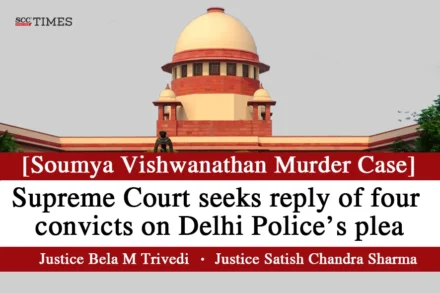
[Soumya Vishwanathan Murder Case] Supreme Court seeks reply of four convicts on Delhi Police’s plea
Soumya Viswanathan was a journalist working with India Today when she was found dead in her car in Vasant Kunj in 2008

Soumya Viswanathan was a journalist working with India Today when she was found dead in her car in Vasant Kunj in 2008
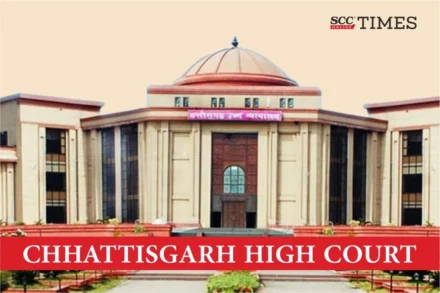
The Court stated that this is not a case of ransom because the appellants had not called the complainant’s wife to pay ransom, and it is possible that they were planning to receive the rest of the amount of the vehicle from ‘X’.
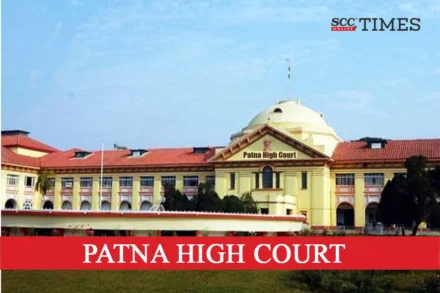
The Court observed that the parents of the victims were illiterate and that the appellant’s allegations of false implications and extortion on the victim’s family’s part did not inspire any confidence as per evidence on record.
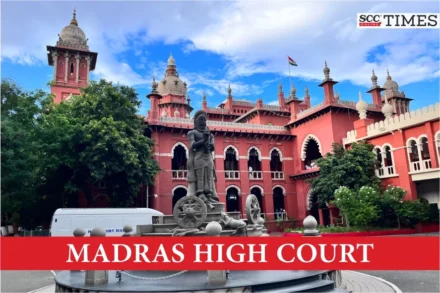
“Once the theory of the prosecution about burning the police jeep is unbelievable, and there is no other evidence on the side of the prosecution to convict the appellants for the offences under Sections 3 or 4 of the TNPPDL Act, the case of the prosecution has to fall in toto”

“The Court below lost sight of the rudimentary principle governing rape and convicted the convict on the strength of the gospel that Indian women do not lie in such matters, which cannot be sustained, as the facts surrounding each and every case and the evidence available ought to form the basis of arriving at a finding, and the surrounding scenario cannot be the basis to render a finding.”

The Court held that the benefit of reasonable doubt shall be given to the appellants and therefore partly allowed both the appeals, by acquitting them under Section 302 of IPC, and releasing the incarcerated appellants sentenced under Section 307 of IPC, for having served the ordered sentence period.
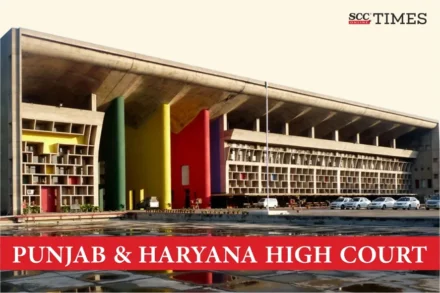
The Court opined that is important to acknowledge that individuals vary in their sensitivity and temperament. It is not solely the feelings of the deceased that would matter, but most importantly, the intention behind the act of the accused would also have to be discerned.

It is clarified that this order does not amount to acquittal but is merely suspension of conviction in peculiar circumstances of the case including the long political career of appellant and his age.

The case under 498-A of the Penal Code, 1860 seems to be the outcome of a personal grudge and differences between both the parties.
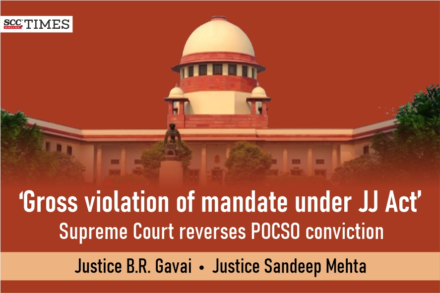
Supreme Court highlighted that the fact of accused being a child in conflict with law was known to the Investigating Officer, prosecution as well as the Trial Court from the very inception of proceedings.
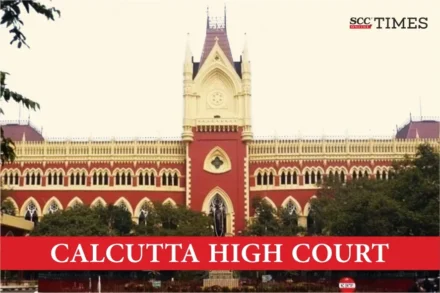
The Calcutta High Court criticised the trial court for not properly assessing the evidence and for erroneously applying legal principles and set aside conviction on prosecution’s failure to establish guilt beyond a reasonable doubt.
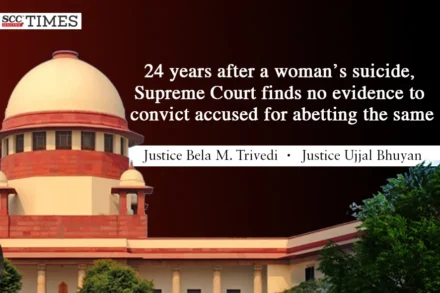
Supreme Court raised doubts that if prosecution version was to be believed, there had to be presence of syringe and needle or a container at the scene of occurrence.
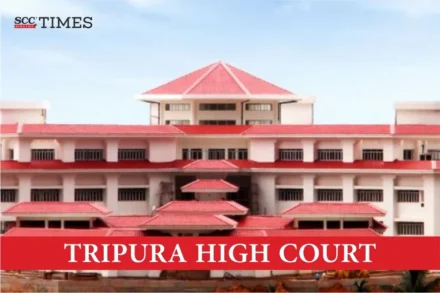
“The sword of justice given to a Judge has to be exercise with utmost responsibility and judiciously considering the reforms.”
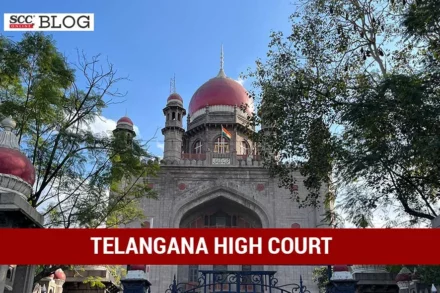
“The Investigating Officer becomes functus officio when charge sheet is filed after investigation, unless there will be further investigation under Section 173(8) of the Criminal Procedure Code, 1973.”
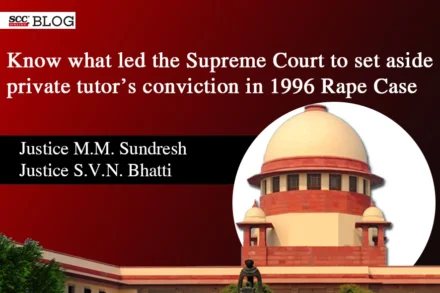
Supreme Court concluded that both the Courts below “completely misread the material available on record”.
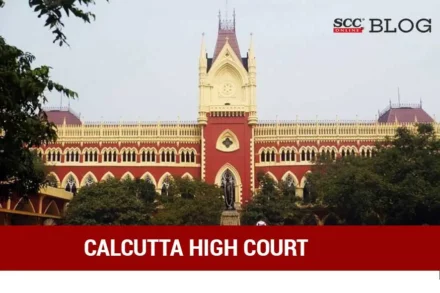
“Revisional jurisdiction is basically supervisory in nature and may be exercised only when there is glaring defect in procedure or there may be a manifesting error on a point of law, resulting in a flagrant miscarriage of justice.”
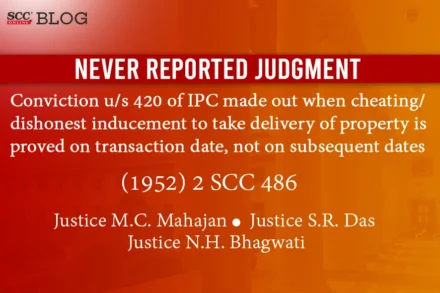
This report covers the Supreme Court’s Never Reported Judgment dating back to the year 1952 on Section 420 of the Penal Code, 1960.

“Credible evidence even of a hostile witness can form the basis for conviction in a criminal trial and his/her evidence can be accepted, if he/she is a natural and independent witness.”

Calcutta High Court upheld the lower courts’ conclusion regarding the unreliability of Exhibit A and Exhibit B as the petitioners’ defense did not raise a reasonable doubt.
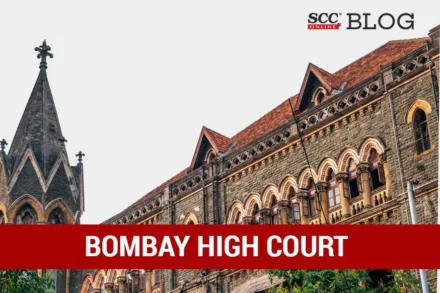
Mere accompaniment of uncle to visit court for recording statement under section 164 of CrPC is not good ground or submission to hold that the child was tutored.